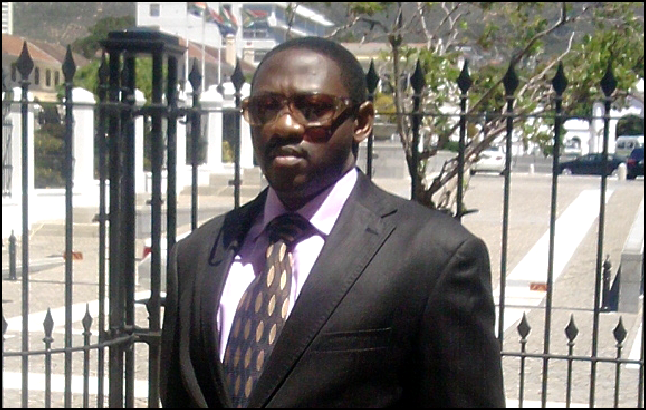The World Economic Freedom report was released on Wednesday, the 18 of September 2013. According to Mark Allix in a publication in BusinessDay Live, the report collects data from the World Bank, International Monetary Fund (IMF) and the World Economic Forum (WEF), among other institutions, to come out with country rankings. The WEF report measured variables across five areas: the legal structure and security of property rights in the state; the freedom to trade globally, the size of a nation’s government; the regulation of credit, labour and business and the states access to "sound" money.
According to a report by the South African based, Free Market Foundation, South Africa is ranked 88th out of 152 nations and territories in the latest WEF report. Hong Kong again topped the rankings of 151 countries and territories, followed by Singapore, New Zealand, and Switzerland in the Fraser Institute’s annual Economic Freedom of the World report. The United States, once regarded as a bastion of economic freedom, now ranks 17th in the world. Zambia, Rwanda, Botswana, Kenya, Tunisia and Uganda are ranked above South Africa, while not one of the other BRICs (Brazil, Russia, India and China) states was ranked in the top 100 states with a good economic freedom record in the world.
South Africa, which had not long ago been praised for its stock exchange regulation and auditing and reporting standards, performed poorly with respect to the top quartile of economic freedom indicators in all five categories. The weakest category was connected to the size of South Africa’s government, especially the sub-categories of state consumption and state enterprises and investment.
This means that the South African government consumed a higher proportion of national economic output than the world standard, and had "relatively heavy involvement" in the production of, and investment in, some of that output. Most disturbingly, the report adds that South Africa has been deteriorating according to these ratings since 2000, as government "drains" resources from the more productive private sector.
Mark Allix of BusinessDay Live opines that it is a pity that South Africa was found to be below the global average score. The WEF in collaboration with other organisations had earlier on warned South Africa of its education and labour market inefficiencies. WEF had therefore predicted the country’s poor ranking. According to WEF, coupled with the state’s remaining capital controls, centralised collective bargaining and business regulation, South Africa is plagued by the threat of fixed pricing, the compounded effects of infrastructure deficits and poor policy implementation.
According to Azar Jammine a South African Chief economist and Director of Econometrix (Pty) Ltd, is of the view that the South African economy had long suffered from apartheid. There were some hopes after the apartheid era, but now these hopes seem to be dashing away, especially with the crisis that recently hit the mining sector.
Despite the doubts portrayed by many pessimists about the methods utilised by the WEF in coming up with such rankings, there remain some truism in reports like the WEF report. Most African states, including South Africa have not given the private sector the chance to excel in economic freedom. A critical analysis of the economic atmosphere of most African states show that the legal structure and security of property rights in the states remains poorly developed. There is equally a porous promotion of the freedom to global trade. Most of the sizes of the central governments in Africa are humongous necessitating the use of a great chunk of tax payer’s money to cover unwarranted expenses. The gross regulation of credit, labour and business also adds to Africa’s poor economic ranking in the WEF report.
It is obvious that people living in states with high levels of economic freedom have greater prosperity, more political and civil liberties, better health and longer lifespans. This is based on personal choice, voluntary exchange, freedom to compete, and the security of private property. If African states want to turn things around, then it is imperative that they rethink various policy strategies with respect to economic freedom and liberty.
Chofor Che is an associate of AfricanLiberty.org and an integral part of the Voice of Liberty initiative. He is also a Doctoral Law candidate at the University of the Western Cape and blogs at http://choforche.wordpress.com/.


